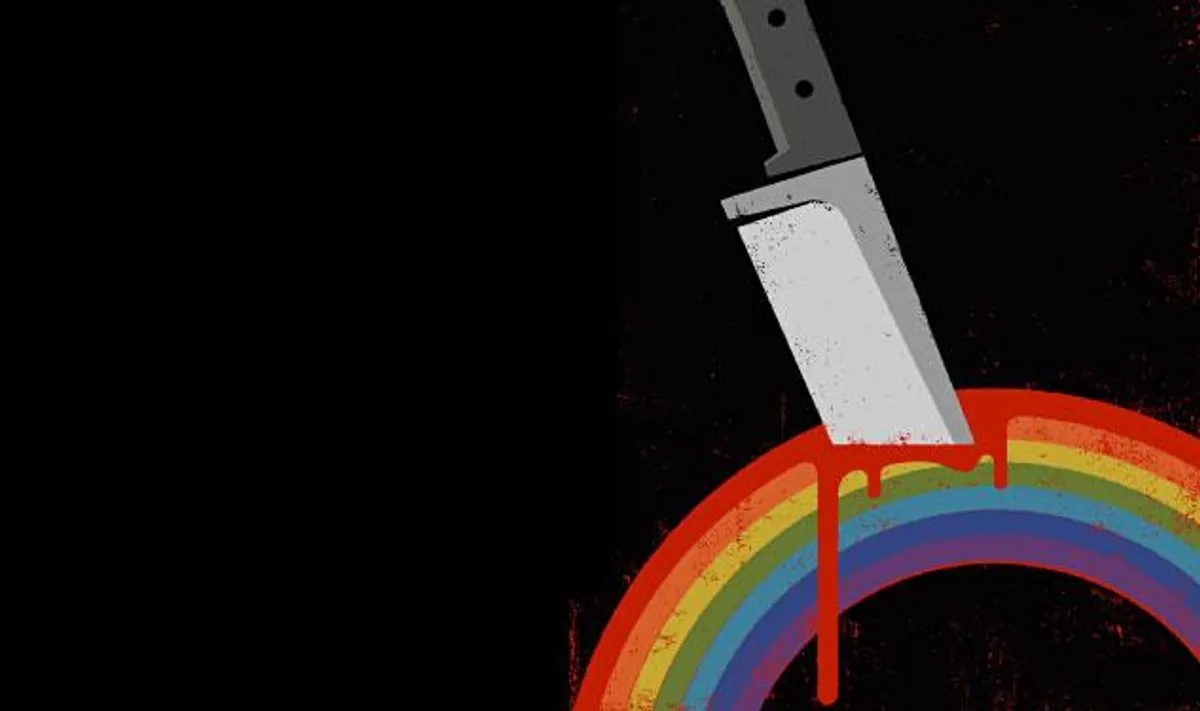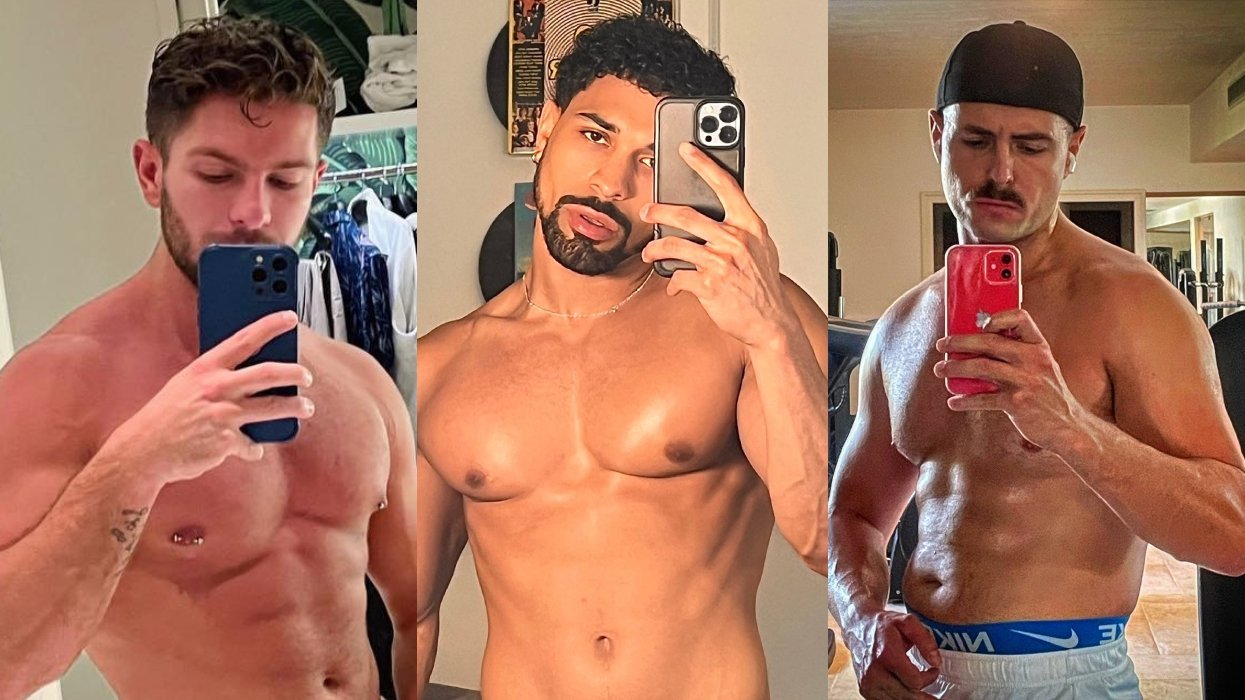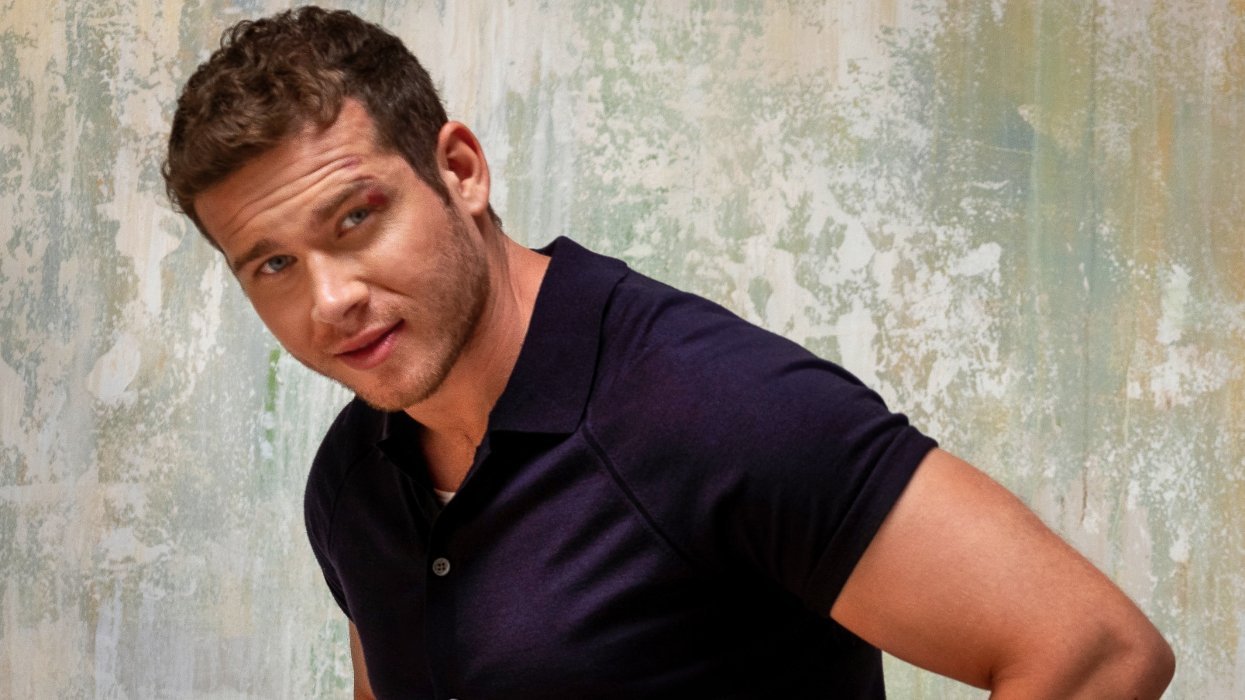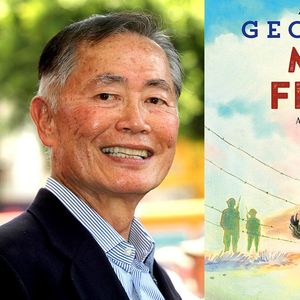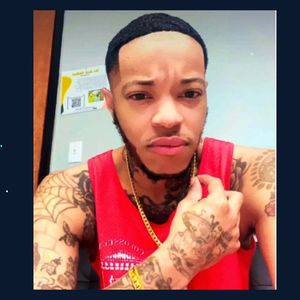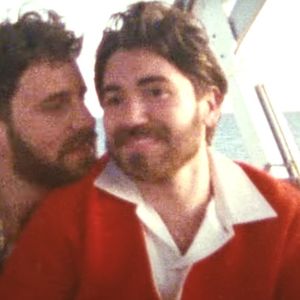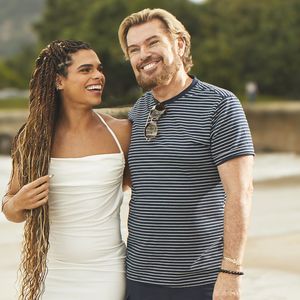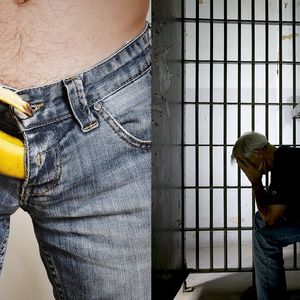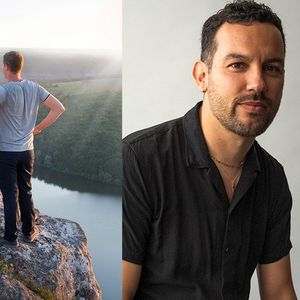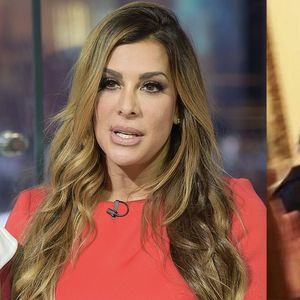Illustration by Edel Rodriguez
Before his latest book, American Honor Killings: Desire and Rage Among Men, (out March 5 from Akashic Books) novelist David McConnell had interviewed few people, but he felt drawn to tell the stories of men who had reacted in apparent "gay panic" and murdered the men who loved them. Although their actions were alien to him, he says the elements of masculinity he found in his research -- "gang solidarity and ecstatic violence" -- were deeply fascinating. "I'm very inhibited, I don't get crazy, and I'm careful about how I present myself," he says, "but I responded to them as a man, although they're outside my personal experience." In the vein of Truman Capote's In Cold Blood, McConnell spent years corresponding with murderers, visiting them in prison, and eventually learning that these killers may not actually hate gay men at all.
You spent more than three years of your life researching and interviewing murderers -- what was the fascination?
I think it was facing up to this incredibly dark thing about the world. Because I'm gay, and this was mostly straight guys who are killing people like me, I thought, Do these people want to kill me? It's like facing up to your worst fear in a way. It was very strange going to San Quentin and being locked up in a little cage with this killer. It's like Mad Max: You're stuck in this cage with this guy with a really, really dark attitude.
Did you have to come out to them?
Absolutely, every one. As I went along, I realized that it wasn't the issue that I thought it was going to be. That was a major discovery I made: What was going on inside them was much more key. It's why I ended up calling it American Honor Killings. It's about them. It's not about me; it's nothing personal.
Yes, they did largely hate gay people, but it was born of ignorance more than anything. I think the sexuality came in as a method of access to the victims. They were going to kill somebody -- they were so angry and wanted to kill a marginal figure in society -- and the access they had was to gay men because that's how they could "hook up" that way.
Although you explain it several times, are you concerned people will associate "honor" with these murders? What gave you the courage to use that title?
People said, "Please don't call it that," and then there were friends of mine who said, "It's good to shake things up." But if people argue that there's honor in "honor killings," then you'll have to think there's honor in tribal honor killings, that it's OK for a family to kill a daughter for some shame. If you're looking at this as if I'm giving them a pass for their murders, that's wrong.
You were most taken with the story of Steve Domer and his surviving killer, Darrell Madden. You even question whether you're more like Steve or Darrell, the killer.
Because Darrell was the only one who was gay in the way that I recognized. He admitted it: He came out in prison. Other guys did talk about their sexuality, like Steve Mullins, who is bisexual, but Darrell was the only one in whom I recognized myself.
When I was very young, I was angry about being gay. It was a real struggle for me. I recognized this anger in Darrell and saw it played out in this completely exaggerated, buffoonish way in his life. Actually having sex with other men was not the issue for me either, it was how can I be a "man" and be "gay" at the same time? I related to that.
I came from an extremely privileged background, and I have been able to do anything I wanted in my life, and had a strong sense of self-confidence. At the same time, I was sort of a fuck-up. I was thrown out of Choate, dropped out of Columbia. Despite all this privilege, I kept fucking up. So there was this identification with this criminal mindset, where you just can't get things right; you don't fit, and you're angry and fearful. But murder isn't small-time, it's big, so it also felt like I was discovering another world, this underclass, where I think psychological damage is riskier. It was very humbling.
American Honor Killings out March 5
